This column originally published in the Indiana Gazette and the Blairsville Dispatch on Wednesday, April 9, 2025.
It’s recently come to my attention that my favorite childhood book series, “Junie B. Jones,” is a source of some vehement controversy in the world of children’s literature.
I found out that this beloved 28-book series, featuring a rambunctious 6-year-old girl and her adventures through kindergarten and first grade, placed No. 71 on the American Library Association’s list of the Top 100 banned books from 2000-2009
As Junie B. would say: Wowie wow wow!
This information floored me beyond words. Nothing catapults me into rage quicker than learning about another victim of book banning. I can feel my sass activating already.
Thankfully, the “Junie B. Jones” series is not officially banned. The ALA’s report is merely indicative of the fact that many people (adults) rigorously tried to ban the books for a long period of time.
If you didn’t already know, the infamous Banned Books List is a compilation of books that have been restricted from libraries and other educational settings due to concerns over content.
Typically due to language, sexuality, racism, religious issues, politics — you get it.
The Banned Books List has incensed librarians and teachers for decades. Some of its most famous members include powerful stories like “I Know Why the Caged Bird Sings,” “To Kill A Mockingbird” and “The Kite Runner.”
Students need these stories, now more than ever in this increasingly tribalized society, rife with suspicion and devoid of compassion.
What the Banned Books List advocates don’t understand about their fervor for censoring influential books like “The Absolutely True Diary of a Part-Time Indian” or “1984” is that their efforts only serve to amplify interest in what they are trying to stifle.
Humans are just too curious, too resourceful.
Our ears perk up like a hunting dog at the slightest indication that something is off-limits. Because we want to know why we can’t have it, and more importantly, who decided we can’t have it.
One thing about human beings is that they usually never like being told what to do.
Which brings me back to my girl, Junie B. Jones.
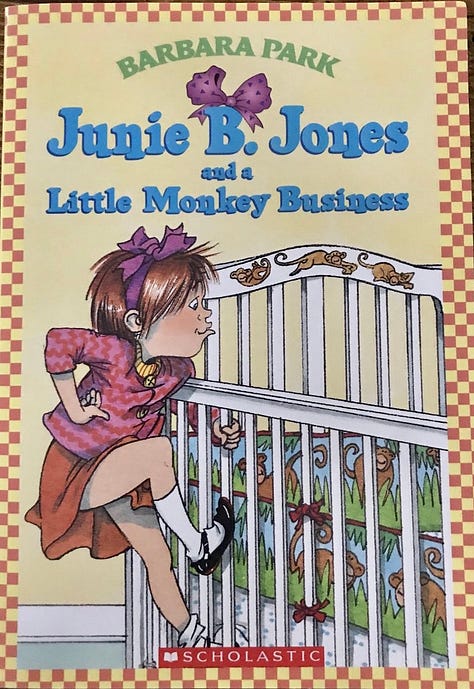
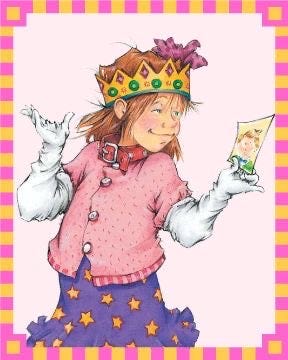
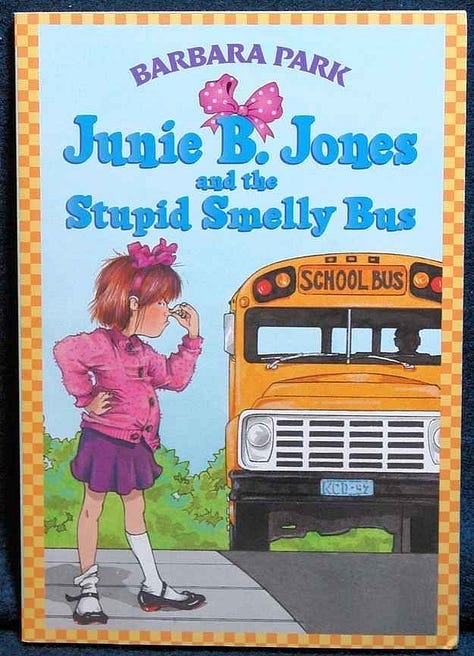
The hallmark of the “Junie B. Jones” series is our titular character’s complete inability to behave like a “lady.” She constantly mouths off, questions authority and spews blunt assessments of the people around her when they most certainly didn’t ask for it, like referring to her hairless principal as a “baldy” and her baby brother as a “dud.” Her understanding of grammar is abysmal, at best, and her first instinct in all situations is to act like a brat.
Before writing this column, I flipped through some of the old Junie B. books for fun and found myself downright shocked by her behavior. The girl is a complete and total menace.
She wears devil horns to her kindergarten orientation; decides to be a janitor on career day; skips a birthday party to help her grandfather fix a toilet; threatens to punch basically everyone; screams constantly while her teacher is talking; tells her friends that her mother gave birth to a literal monkey; head-butts her classmates (Meanie Jim always deserved it, in my opinion); and refuses to ride the bus because it smells.
And I love her for it.
Junie B. Jones was my first literary heroine. I collected her books like treasure, often taking several to school with me each day as encouragement. Girlhood can be excruciating, especially when you start school and come face-to-face with societal expectations — and other girls. And then the comparison game begins.
Am I as sweet as her? Is my hair as shiny as hers? Are my clothes as stylish as hers? Should I be more quiet, like her? Should I be louder? Am I girly enough? Am I too girly?
Junie B. Jones didn’t care about any of that.
She had more important things to do, like figure out how to swindle her friends into giving her gifts as payment for the chance to see her brother, who she claimed was a literal monkey, you may recall.
Junie B. made a million mistakes in the span of one page (both behaviorally and grammatically), but she never made herself smaller or more palatable for others. The author, Barbara Parks, once stated in an interview that she didn’t want to make the books moralistic by shoving a lesson down reader’s throats, believing instead that a book has enough value simply if it causes the reader to smile.
Junie B. Jones kept on living, kept on making mistakes, and she did it fearlessly.
She takes many trips to the principal’s office and gets punished for her actions (as she should), but the books never seem too concerned with perfectionism.
Throughout the long series, however, as Junie B. transitions from kindergartener to first-grader, the reader may notice subtle improvements in her grammar and behavior. She does change in subtle ways. But at the end of the day, she stays herself: unruly, indignant and full of a strong sense of justice.
I really never cared for Pollyanna or Anne Shirley, those unrealistic and unattainable beacons of sunshine and goodwill, finding their personalities quite dull compared to the razor-sharp Junie B., who made me laugh and kept me on my toes, always showing me that being a girl doesn’t have to look a certain way to be good.
This is not to say that I was as rambunctious as Junie B. Jones, but I was certainly ... something. Colorful (you should have seen my outfits), spirited, full of passion, fearless and perpetually admonished in class for talking. At the risk of sounding arrogant: I loved being me. Just like a certain other heroine I know.
So, Junie B. Jones: mentor or menace? You have to decide for yourself.
I’ve made my stance clear, but here’s my message to all the adults feeling so threatened by a 6-year-old girl that they want to ban her books: Go right ahead.
Burn them if you have to. You’re too late anyhow.
You really think she can be banned? Junie B. Jones and her Big Fat Mouth live on in all the children who loved her stories because they needed to see it’s OK to be bold, to be different and to make mistakes. Junie B. always finds a way.
And I won’t ever shut up about it either!
Guess who I learned that from.





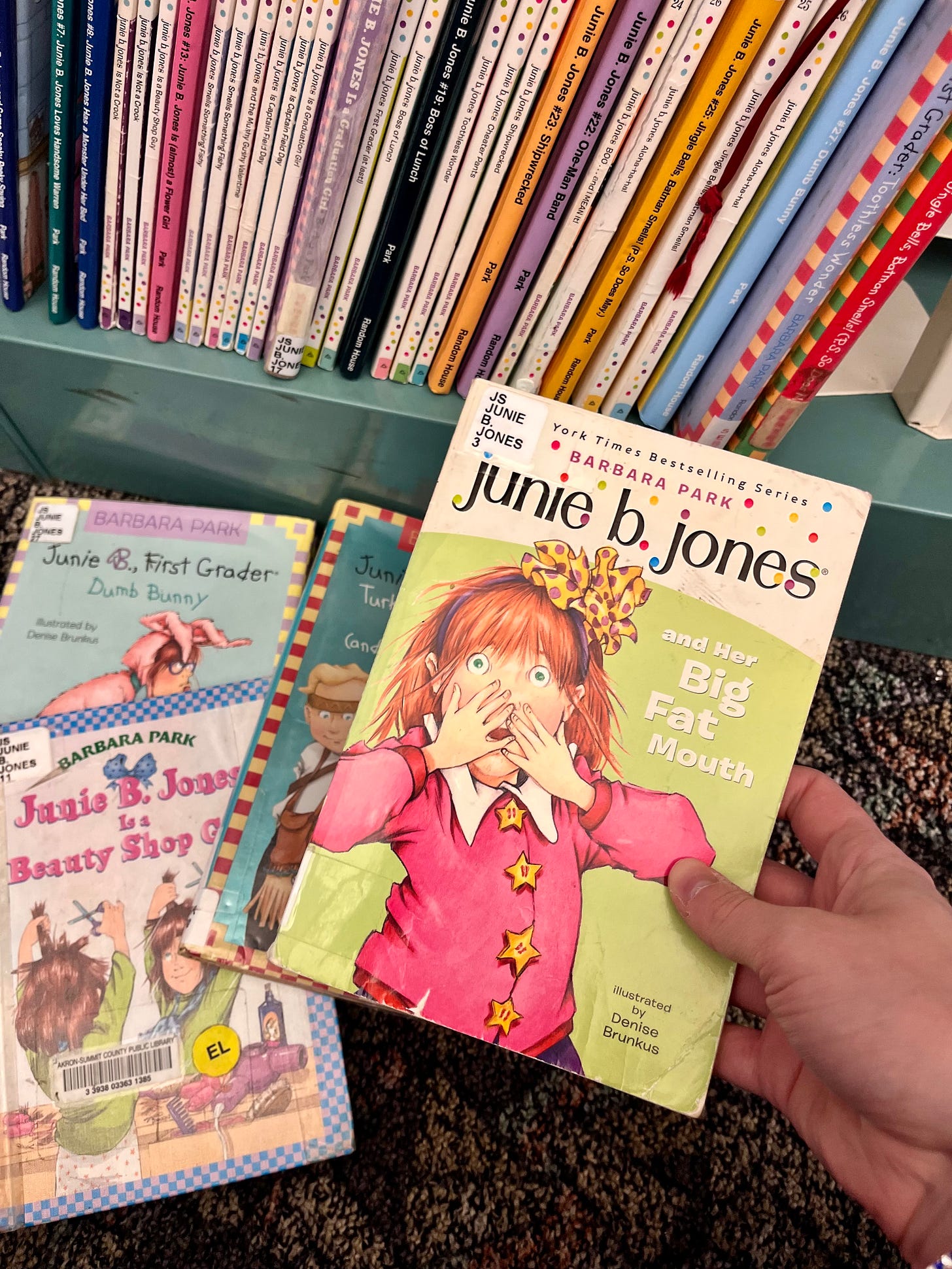
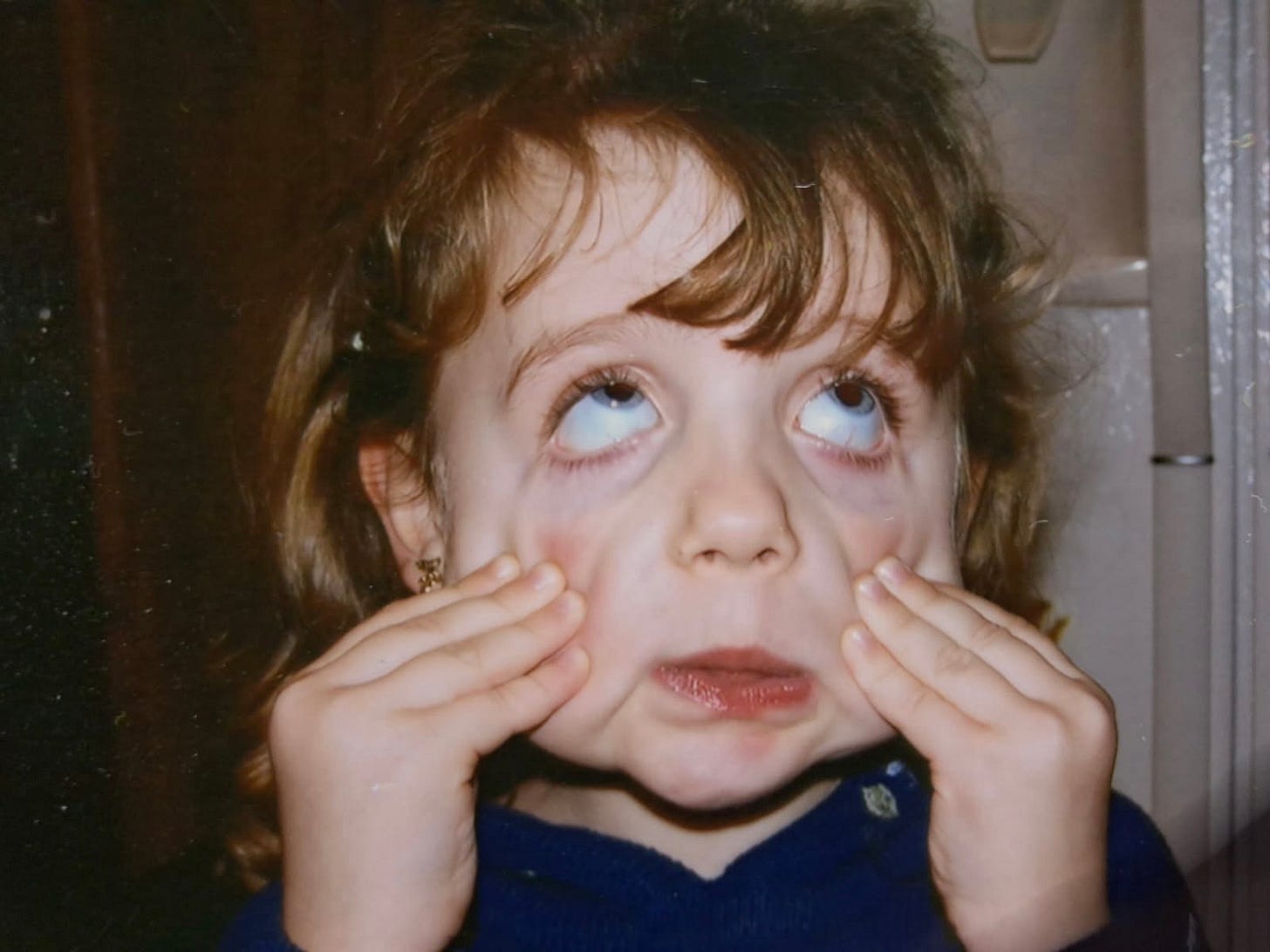
I remember visiting a school where they actually redacted any “inappropriate grammar” found in the Julie B. books!
Oh I really love this one, I remember you reading them. You sure didn't get destroyed by reading them. Proud how you stand up for books to not be banned.